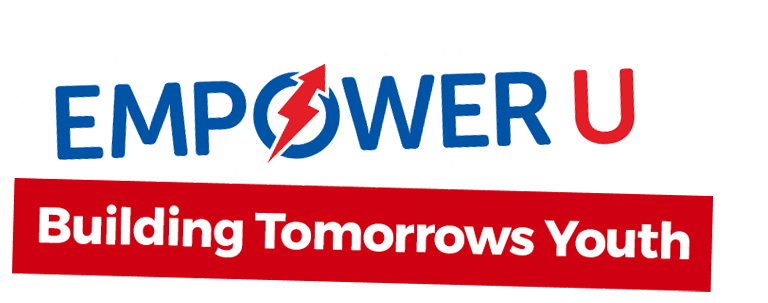Before we learn something new, we often do not realise how much we do not know and are yet to learn. At times, when we begin to learn, we discover the gravity of what we do not know and get overwhelmed by its difficulty, which may leave us feeling disheartened. Through understanding the levels of learning, we will be able to more easily recognise how we feel as we keep track of where we are in the learning process. The 4 Levels of Learning are often illustrated as a model that highlights two factors that affect our thinking: Our awareness (consciousness) and our skill level (competence).
1. Unconscious Incompetence
In this stage, we do not have the knowledge or skill set yet, and we do not know that we need to learn it. This is when we do not know what we do not know. For example, as a child who has not been introduced to riding a bike, we are completely unaware of its benefits and usefulness. When a certain idea is introduced to us and we realise that there is value that may be gained from learning it, we then move on to the next level.
2. Conscious Incompetence
When we are in this stage, we are aware of the skill we lack and understand that we must put in the work to bridge the deficit. We can say “I know that I do not know (what this is really about/how to do this)” and hopefully, that will be followed by, “but I would like to learn.” Applying this to the previous example, this is when we begin to learn the fundamentals of properly riding a bicycle and putting it into practice by getting on a bike and working to master its manoeuvring.
3. Conscious Competence
This stage entails being aware of one’s ability to execute, but having to remain conscious as they do so because it doesn’t come naturally yet. This is when we can say “I know I am doing this right” – we know we aren’t incompetent, and that we can ride a bike, but we still need to consciously think about it in order to correctly execute the action.
4. Unconscious Competence
Reaching this stage entails knowing that we know something so well that we don’t even realise that we are doing it when we do. This is when you can ride a bike without even thinking about it, or to take the example even further, when you’re driving a car and you get to your destination without properly remembering how you got there. The skill is so embedded in us that we do not have to continuously process what we are doing.
Embracing the Journey of Learning
The 4 levels of learning framework is best used to help us understand the emotions we experience during the learning process. It helps to reassure ourselves that while learning can get frustrating and challenging, we are well on our way to improving as we continue to do so.
For more information on the 4 levels of learning and The Empower U Program, download our latest program guide or call 1300 039 662.

Brent is the founder and a key presenter of Empower U, a program aimed at motivating and teaching life skills to teenagers and young adults. His work primarily focuses on empowering today’s youth to gain the skills and motivation they need to succeed in a rapidly changing world. Brent’s approach integrates personal development with practical life skills, aiming to help young individuals leap ahead of their peers.

 Empower U
Empower U